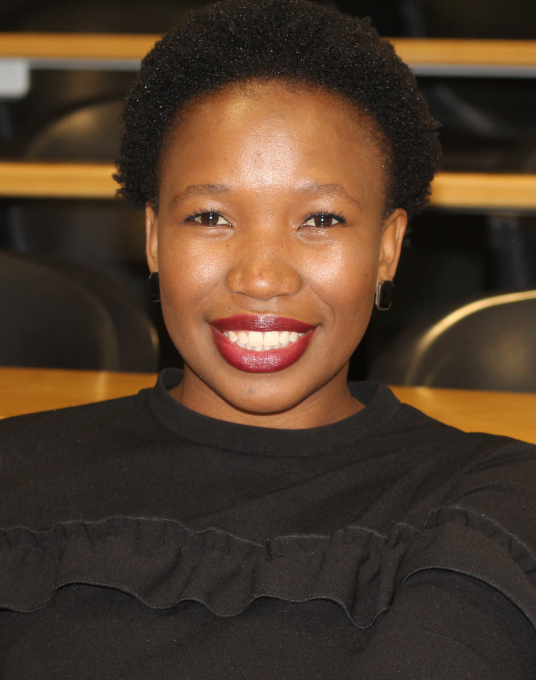How To Develop An Astronomy Curriculum
Parallel Session
4th Shaw-IAU Workshop on Astronomy for Education
Session timeblocks
Tuesday Nov. 15, 2022
UTC: 11:30 a.m. -
1 p.m.
Wednesday Nov. 16, 2022
repeated:
UTC: 9:30 p.m. -
11 p.m.
In this session, we will hear from astronomers, lecturers, and teachers on their experiences and work in developing an astronomy curriculum in their own countries. For most parts of the world, astronomy is not included as a subject of its own in primary and secondary school, it is either a part of other subjects such as Physics, Geography, or Natural Sciences. Astronomy continues to be a growing field of study that captures students’ interests from an early age, as such, the development of an astronomy curriculum is important to equip learners with knowledge and skills that would improve their scientific literacy.
Schedule
-
Start in the adventure of learning about the Universe
Tuesday Nov. 15, 2022
UTC: 11:30 a.m. - 11:55 a.m.Wednesday Nov. 16, 2022
UTC: 9:30 p.m. - 9:55 p.m.The reconfiguration of the learning landscape, where the classroom must become the centre of innovation, the personal needs of students must be prioritised, technology must play a fundamental role, and where students must be challenged to create the future is imperative for 21st century education. START IN THE ADVENTURE OF LEARNING ABOUT THE UNIVERSE is a new optional school subject for the primary level in Romania, it is part of the national curriculum and its main aim is to develop STEAM competences through integrated, inter- and transdisciplinary approaches, key competences, as well as transversal competences. The learning activities are structured taking into account 3 main topics: Exploring the Solar System, Travelling and Travellers in Outer Space and Jobs of the Future.
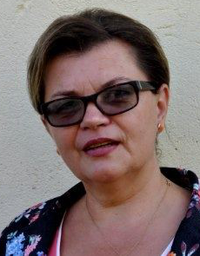
Elisabeta Ana Naghi (NAEC RO, Romanian National Committee for Astronomy (CNRA))
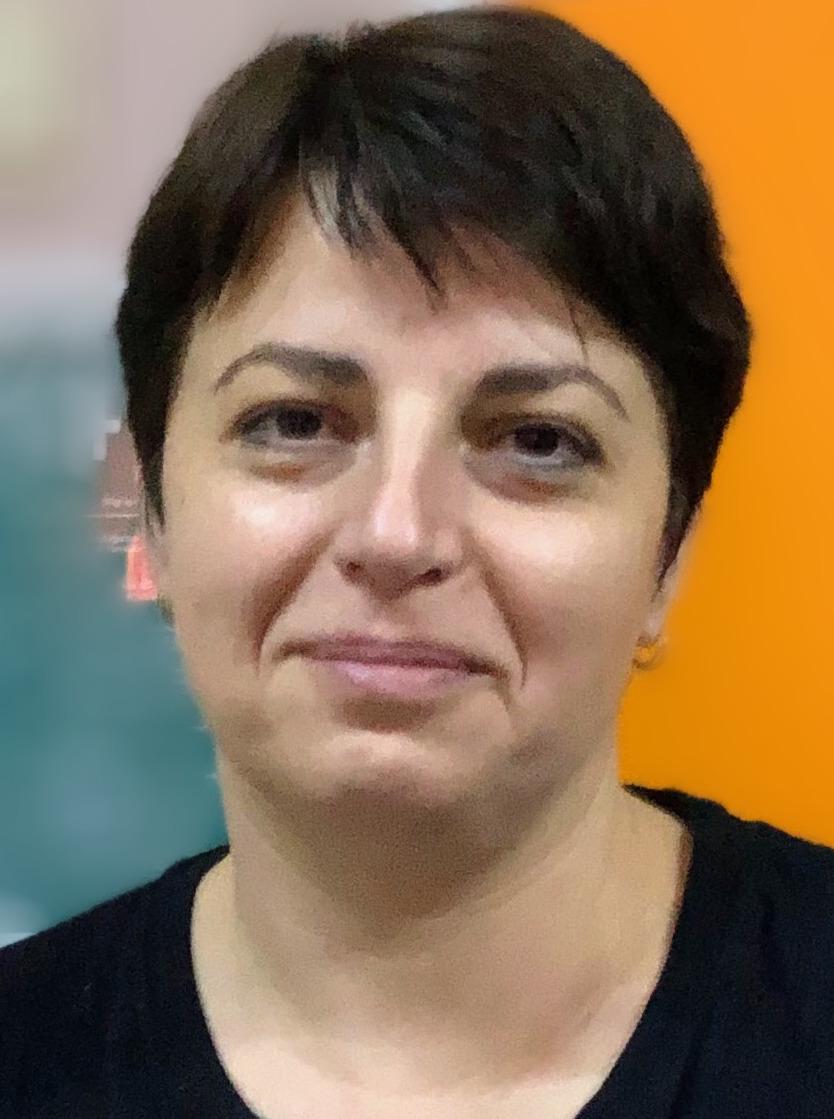
Felicia Calmuc (Craiova Children`s Palace)
Coauthors: Maria Borsan (Ion Bob Secondary School)
For more information about this talk click here
-
Primary School Astronomy Lessons
Tuesday Nov. 15, 2022
UTC: 11:55 a.m. - 12:05 p.m.Wednesday Nov. 16, 2022
UTC: 9:55 p.m. - 10:05 p.m.This report describes how to offer interest-oriented astronomy courses in Primary K3. Combined with nearly 20 years of teaching practice, 10 interesting and effective activity strategies have been developed to mobilize children's imagination in the classroom, arouse their curiosity about the universe, and stimulate their curiosity for knowledge. For example, ask children to give themselves "astronomical names" and ask them to remember difficult astronomical terms; By issuing "Galaxy Coins", children can collect "astronomical coins" with astronomical pictures printed on them, a nd exchange them for astronomy books, movie tickets, game opportunities, etc. In some courses, we guide students to make "Secret Files of Mars", "Gas Mask of Venus", "Model of the Sun Structure", and also design games such as "Celestial Collision" and "Little King Tournament", and even use stage plays in astronomy teaching... We found that in the design of the primary school astronomy curriculum, through a variety of interesting teaching methods, it is more important to guide children to play and love astronomy than just to impart knowledge.
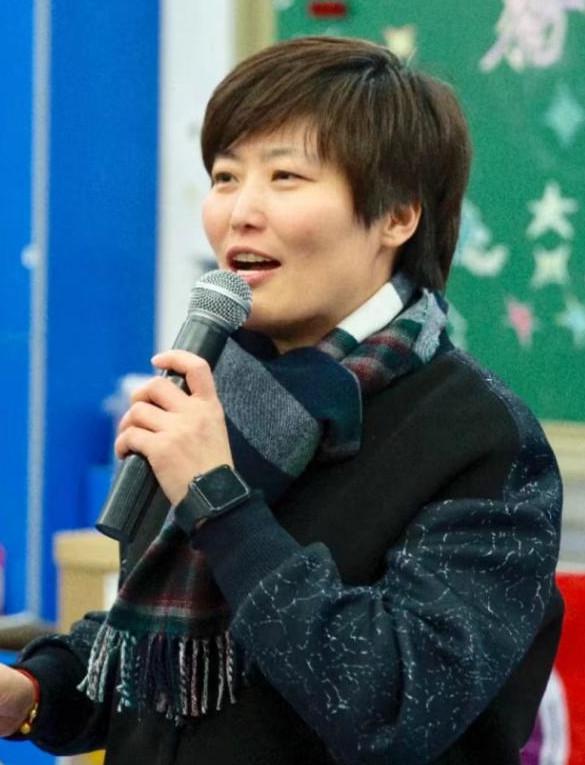
Geya Zhu (Zhongguancun No. 2 Primary School, Beijing)
For more information about this talk click here
-
New Space Education
Tuesday Nov. 15, 2022
UTC: 12:05 p.m. - 12:15 p.m.Wednesday Nov. 16, 2022
UTC: 10:05 p.m. - 10:15 p.m.The "New-Space" era provides many opportunities for widening the meaning of Astronomy Education. In this talk I will describe my perspective and experience as a Space Educator, and present some examples, from a M.Ed. in EdTech track centered on Innovation and Space Education, located in a College for Education in Israel. The participants in this track are mainly K-12 teachers in various subject matters. Our vision is that Space can be used as a context, inspiration, and example for teaching any subject matter, for the integration of innovative technologies in teaching, and for teaching 21st Century skills, like problem solving, collaborative-learning, critical thinking and agility.
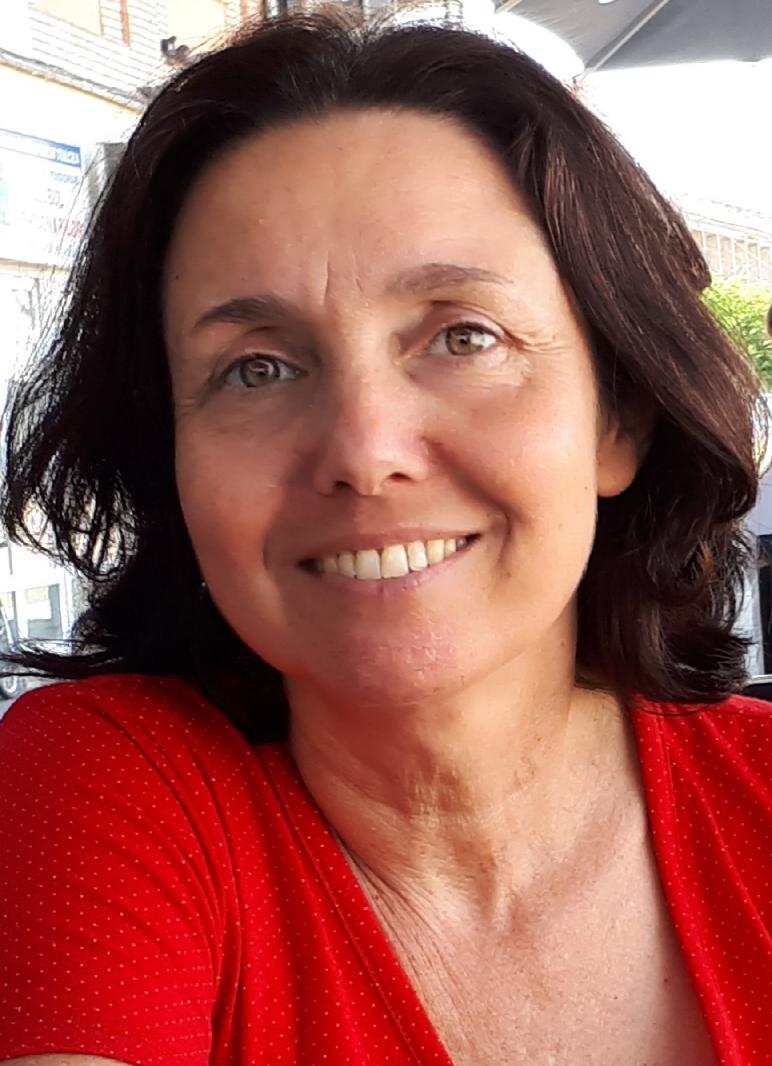
Ayelet Weizman (Kibbutzim College of Education, Technology & the Arts)
For more information about this talk click here
-
The role of the OAE-Egypt in astronomy education and developing curricula for the pre-university
Tuesday Nov. 15, 2022
UTC: 12:15 p.m. - 12:25 p.m.Wednesday Nov. 16, 2022
UTC: 10:15 p.m. - 10:25 p.m.Astronomy education in the pre-university levels represents one of the most important challenges in our societies Where astronomy has not been linked with basic sciences as required - or appropriately. By evaluating the curricula of astronomy in pre-university levels, we found a large gap between these curricula and scientific facts and recent discoveries about the universe. With the beginning of work at the Astronomy Teaching Center in Egypt and Arabic-speaking countries the work has been done to evaluate science curricula for early stages of education, the missing topics were collected and work in parallel to provide a complementary scientific materials. We will share those experiences during our participation in the fourth workshop of the Education Office.
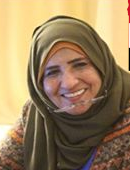
Somaya Saad (National Research Institute of Astronomy and Geophysics)
For more information about this talk click here
-
Fulldome curriculum of astronomy lessons for primary school students in the dome theater
Tuesday Nov. 15, 2022
UTC: 12:25 p.m. - 12:35 p.m.Wednesday Nov. 16, 2022
UTC: 10:25 p.m. - 10:35 p.m.China Science and Technology Museum has a 30-meter dome with a digital & optical astronomical demonstration system. Since 2018, we have developed 10 lessons on different topics for primary school students and families. Each lesson lasts about 1 hour. Students can not only enjoy the starry sky at any time and place, special celestial phenomena such as eclipses and meteor showers, but also fly over different celestial objects at close range. Curriculum helps students understand planetary orbits and the three-dimensional structure of the universe intuitively. Some lessons have been shared with several planetariums. In the next step, more lessons will be developed, and more teaching plans will be designed according to the cognitive level of students at different ages to serve more students.
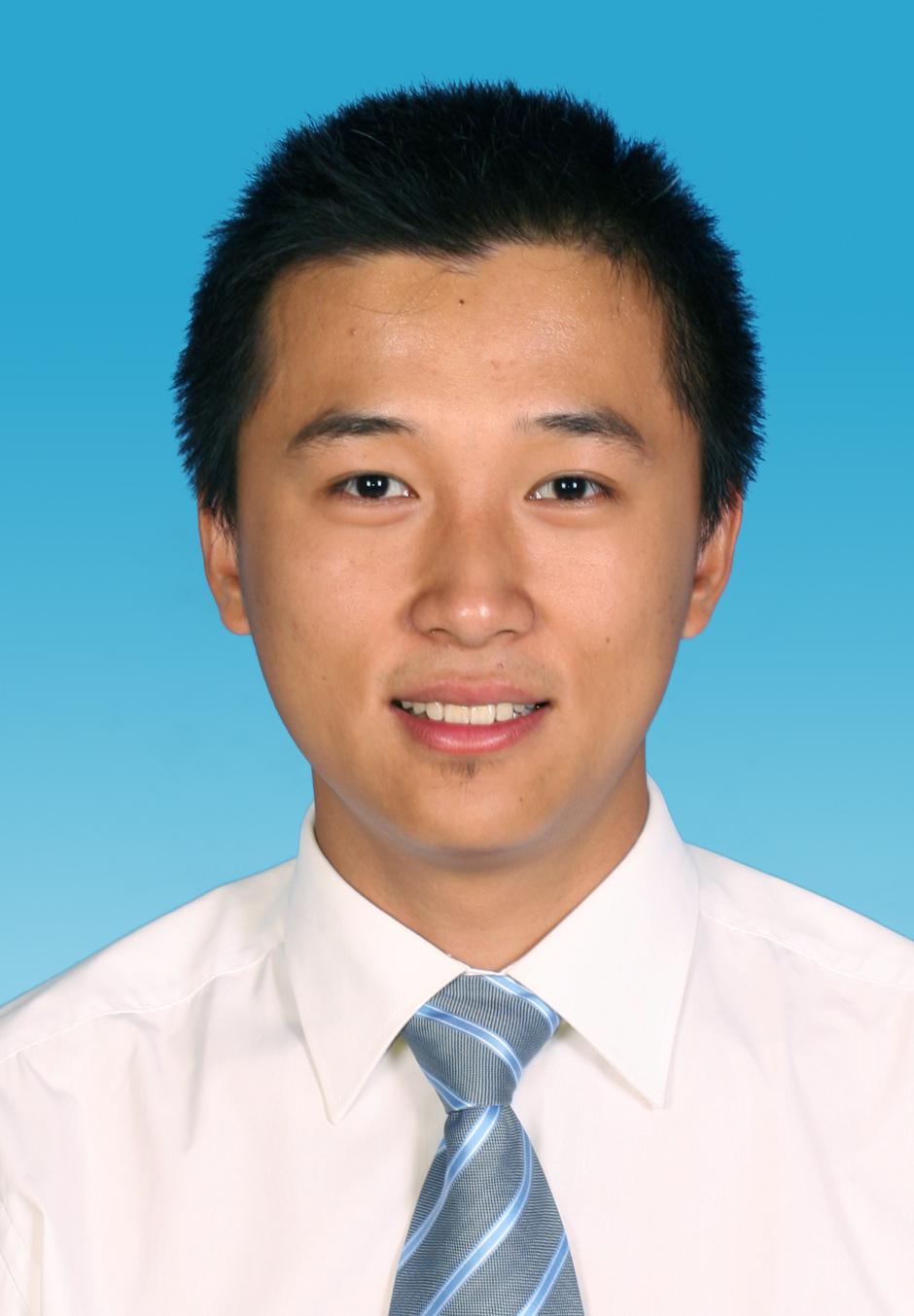
Zhao Ranzi
Coauthors: Song Nan (China Science and Technology Museum), Tang Jianbo (China Science and Technology Museum)
For more information about this talk click here
-
Development of a non-formal education curriculum in Astronomy for middle school students.
Tuesday Nov. 15, 2022
UTC: 12:35 p.m. - 12:45 p.m.Wednesday Nov. 16, 2022
UTC: 10:35 p.m. - 10:45 p.m.School Science Forum is a non-formal education course conducted at Vikram A Sarabhai Community Science Centre for middle school children (Std 5 – Std 9) of Ahmedabad, India. As a part of this, Astronomy Lab has developed a curriculum so that we can gradually introduce the students to the basic concepts of astronomy. The sessions are based on short lectures supported with hands-on learning, model making, observations and discussions. The concepts included were moon phases, constellations, circumpolar constellations, day time astronomy & sundial and understanding & making a telescope for 5th to 9th Std respectively. In this talk we would like to discuss the development of these sessions and the various learnings from the same.
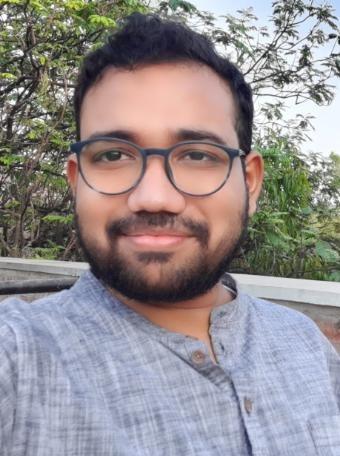
Avik Dasgupta (Vikram A Sarabhai Community Science Centre)
For more information about this talk click here
-
Discussion Panel: How to develop an astronomy curriculum
Tuesday Nov. 15, 2022UTC: 12:45 p.m. - 1 p.m.
Wednesday Nov. 16, 2022
UTC: 10:45 p.m. - 11 p.m.Chair:
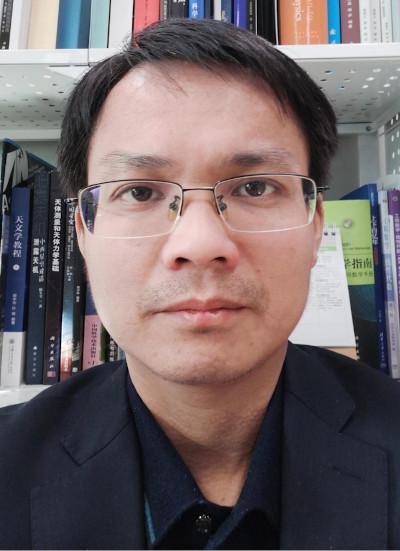
Li Jian
Panel: Felicia Calmuc
(Craiova Children`s Palace), Avik Dasgupta
(Vikram A Sarabhai Community Science Centre), Elisabeta Ana Naghi
(Education Ministry), Geya Zhu
(Zhongguancun No. 2 Primary School, Beijing), Somaya Saad
(National Research Institute of Astronomy and Geophysics (NRIAG)), Ayelet Weizman
(Kibbutzim College of Education, Technology and the Arts), Zhao Ranzi
Posters
-
The strengths and weaknesses in astronomy education and curricula and suggestions for improvements
Mostafa Mohamed Mostafa (El Salam Preparatory School for Boys, Cairo)
As I am science teacher in Egypt I would like to shar with you my experience in science education and the astronomy curricula for prep school student ages 12-15 ages. I will display the points of strengths and weakness in astronomy curricula and methods of astronomy education. We finally will give some suggestions which may help in improving the situation.
